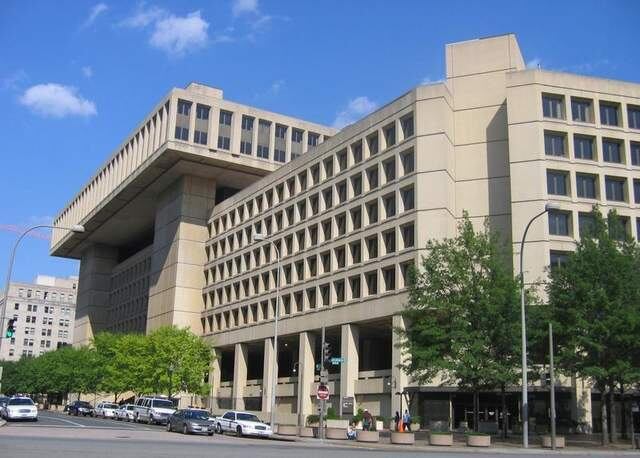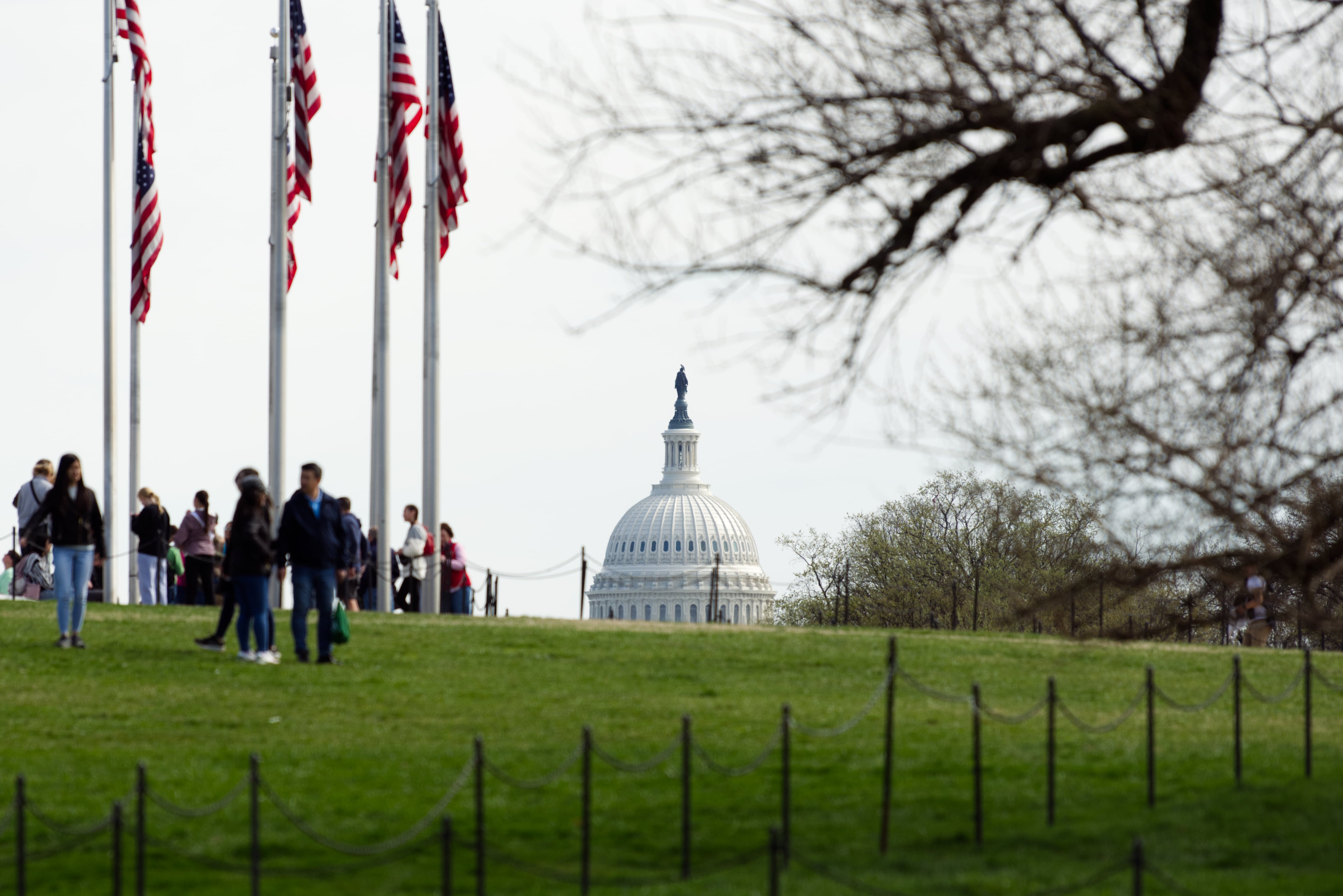The FBI is looking to build a new headquarters and the General Services Administration is putting up the J. Edgar Hoover Building and surrounding city block to cover part of the bill. Getting an exact appraisal of the building is difficult, though estimates show an exchange likely wouldn't meet even a third of the cost of a new headquarters.
The GSA put out a request for proposals on Dec. 19 to hear from contractors interested in developing one of three sites in trade for the Hoover Building and the parcel bounded by Pennsylvania Ave, 9th St., 10th St. and E St.
Offerors that make it to the second round of the competition will have to "quantify how much of FBI's program needs they are able to provide" in exchange for the property, the RFP states.
The deal would include developing the new property, including any construction needs, as well as security and technology improvements. The big question is whether the trade would come close to cover the costs.
A 2011 estimate by the Government Accountability Office put construction costs for the new headquarters in the area of $1.5 billion. Conservative estimates value the Hoover building around $300 million, though it could go for as much as $500 million.
Pegging down a hard valuation for the building is difficult, as the government has never sold a property of this size in such a prime location.
"It's difficult to quantify – there are no similar land sales over the past 30 years anywhere in the country," according to Michael Goldstein of Hlubb and Goldstein Valuation Group, which has contracted with GSA in the past. "When's the last time the government sold a federal building on Pennsylvania Ave.? Never."
The building and location have a lot going for them, Goldstein said, but that might not be enough.
"It's a federal avenue and an iconic building … but an iconic building that's in terrible condition," he said. "It's extremely inefficient for today's use. The land is worth more than the building, is my guess."
Even at the high-end of $500 million, two-thirds of the presumptive cost would be unaccounted for.
"The common wisdom in the real estate community is that there will be a pretty wide delta between the value of the Hoover Building site and the cost of constructing a new headquarters," said Kurt Stout, executive vice president of government solutions at Colliers International. "It is likely that GSA will need to go back to congress for some form of prospectus or supplemental appropriation."
In Stout's assessment, the property's worth will be decided during contract negotiations as part of the more complicated deal.
"Project value primarily stems from the entitlement and plan approval process," he explained. "Normally sales like these are contingent upon these types of approvals. Otherwise, the risks increase and the valuation becomes murkier."
Questions on the RFP are due by Jan. 9 and proposals are due Feb. 10.
GSA will announce five finalists in May, when it will issue the Phase II RFP narrowing the scope of the competition. The final award is expected to be announced in May 2016.
Under the current plan, the new office space would house up to 11,000 employees, as well as conference rooms, team spaces, cafeteria, health and fitness centers and a Mission Briefing Center and Auditorium.
The new building would be 2.1 million square feet – slightly smaller than the Hoover Building's 2.4 million square feet – and would consolidate 20 FBI offices at a single location.
The FBI is looking to build on one of three locations:
- The government owned Franconia Warehouse Complex in Springfield, Virginia;
- The former Landover Mall in Prince George's County, Maryland, privately owned but controlled by the government through July 2016; and
- A portion of the Greenbelt Metro Station, also in Prince George's County, owned by the Washington Metropolitan Area Transit Authority (WMATA) and also controlled by the government through July 2016.
Aaron Boyd is an awarding-winning journalist currently serving as editor of Federal Times — a Washington, D.C. institution covering federal workforce and contracting for more than 50 years — and Fifth Domain — a news and information hub focused on cybersecurity and cyberwar from a civilian, military and international perspective.





